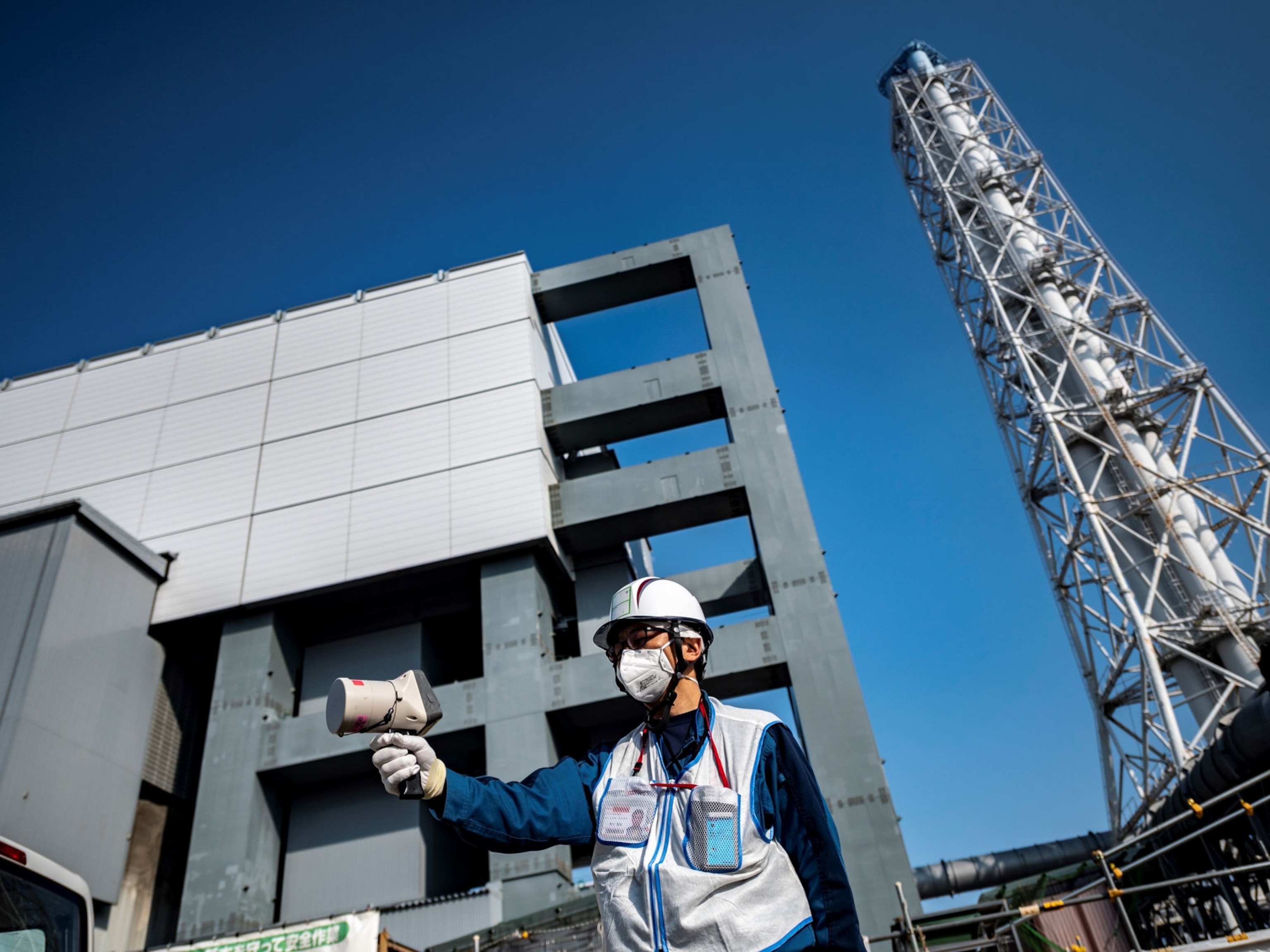

After Two-Year Hiatus, U.S. Nuclear Power Plants Get License Renewals
After more than a two-year hiatus, the U.S. Nuclear Regulatory Commission is once again renewing licenses for aging nuclear power plants.
The independent federal agency gave a 20-year license renewal on Oct. 20 to Limerick Generating Station Units 1 and 2 near Philadelphia and is now reviewing renewal applications for 17 additional reactors, including Indian Point Unit 2 that’s located on the Hudson River about 24 miles north of New York City.
The NRC, which licenses commercial nuclear power plants for a period of 40 years, has granted 20-year extensions to 74 of the 100 operating reactors in the United States, many of which were nearing the end of their licenses. No reactor has yet sought a second license extension. These commercial plants, which are on average 33 years old, generate about 20% of U.S. electricity.
A federal court limited the NRC’s authority to renew licenses in June 2012, after the Obama administration ended a long-term plan to store commercial nuclear waste at a repository in Nevada’s Yucca Mountain.
The U.S. Court of Appeals for the District of Columbia Circuit said the NRC should have considered the environmental consequences of never building a permanent repository. It struck down provisions of the NRC Waste Confidence Rule, which allows the agency to renew licenses without studying the effects of long-term storage for each site. The NRC makes license renewal partly contingent on a plant’s safe disposal of highly radioactive waste, which occurs mostly onsite in spent fuel pools or dry casks.

As a result, in August 2012, the NRC issued an order to suspend license renewals, but the nuclear power industry continued to submit applications. On Sept. 18, in a unanimous decision that cleared the way for the issuance of new licenses or renewals, it said nuclear waste from power plants could be stored indefinitely in above-ground containers.
Environmental groups balked at NRC’s decision and on Wednesday, 10 filed separate lawsuits to challenge it in court. “The NRC disregarded the explicit direction of the D.C. Circuit to examine the environmental impacts of indefinite storage of spent nuclear fuel in the event there is no repository,” said Geoffrey Fettus, senior attorney of the Natural Resources Defense Group, which filed its own appeal. “This lawsuit simply requests the Court send the agency back to do the job it should have done in the first instance,” he said.
Earlier in the week, on Monday, the states of New York, Connecticut and Vermont filed a similar lawsuit.
The NRC’s license renewal for Limerick, which occurred the same day that its new waste decision became effective, will allow Unit 1 to operate until 2044 and Unit 2 until 2049. Exelon Corporation, which operates the Limerick plant, said it has invested $500 in the last five years to modernize operations.
Indian Point Unit 2’s current license expired in September 2013. The NRC allows reactors to continue operating if they applied for renewal five years before their license expires.
The NRC expects license renewal applications from seven more reactors between 2015 and 2018, according to the Energy Information Administration.
Related Topics
You May Also Like
Go Further
Animals
- This fungus turns cicadas into zombies who procreate—then dieThis fungus turns cicadas into zombies who procreate—then die
- How can we protect grizzlies from their biggest threat—trains?How can we protect grizzlies from their biggest threat—trains?
- This ‘saber-toothed’ salmon wasn’t quite what we thoughtThis ‘saber-toothed’ salmon wasn’t quite what we thought
- Why this rhino-zebra friendship makes perfect senseWhy this rhino-zebra friendship makes perfect sense
Environment
- Your favorite foods may not taste the same in the future. Here's why.Your favorite foods may not taste the same in the future. Here's why.
- Are the Great Lakes the key to solving America’s emissions conundrum?Are the Great Lakes the key to solving America’s emissions conundrum?
- The world’s historic sites face climate change. Can Petra lead the way?The world’s historic sites face climate change. Can Petra lead the way?
- This pristine piece of the Amazon shows nature’s resilienceThis pristine piece of the Amazon shows nature’s resilience
- 30 years of climate change transformed into haunting music30 years of climate change transformed into haunting music
History & Culture
- When treasure hunters find artifacts, who gets to keep them?When treasure hunters find artifacts, who gets to keep them?
- Meet the original members of the tortured poets departmentMeet the original members of the tortured poets department
- When America's first ladies brought séances to the White HouseWhen America's first ladies brought séances to the White House
- Gambling is everywhere now. When is that a problem?Gambling is everywhere now. When is that a problem?
Science
- Quieting your mind to meditate can be hard. Here’s how sound can help.Quieting your mind to meditate can be hard. Here’s how sound can help.
- Should you be concerned about bird flu in your milk?Should you be concerned about bird flu in your milk?
- Here's how astronomers found one of the rarest phenomenons in spaceHere's how astronomers found one of the rarest phenomenons in space
- Not an extrovert or introvert? There’s a word for that.Not an extrovert or introvert? There’s a word for that.
Travel
- Germany's iconic castle has been renovated. Here's how to see itGermany's iconic castle has been renovated. Here's how to see it
- This tomb diver was among the first to swim beneath a pyramidThis tomb diver was among the first to swim beneath a pyramid
- Food writer Dina Macki on Omani cuisine and Zanzibari flavoursFood writer Dina Macki on Omani cuisine and Zanzibari flavours
- How to see Mexico's Baja California beyond the beachesHow to see Mexico's Baja California beyond the beaches




